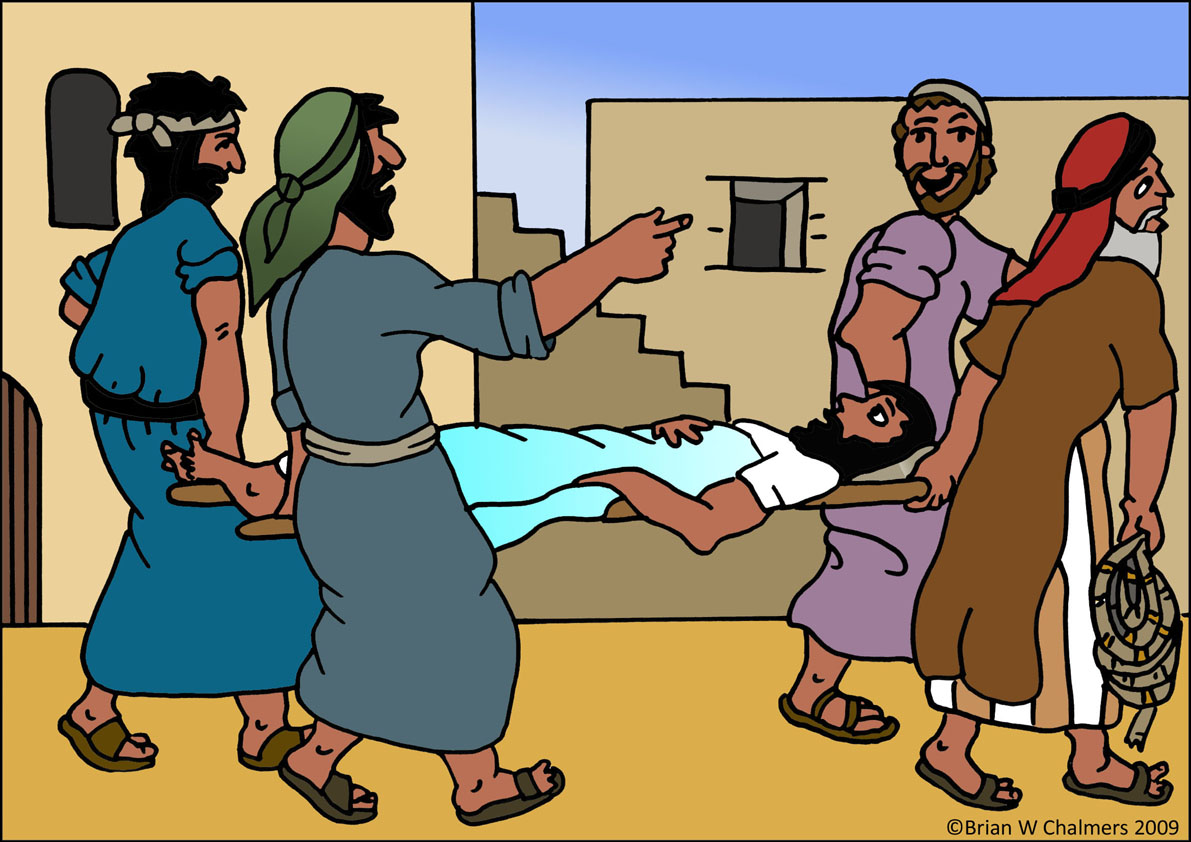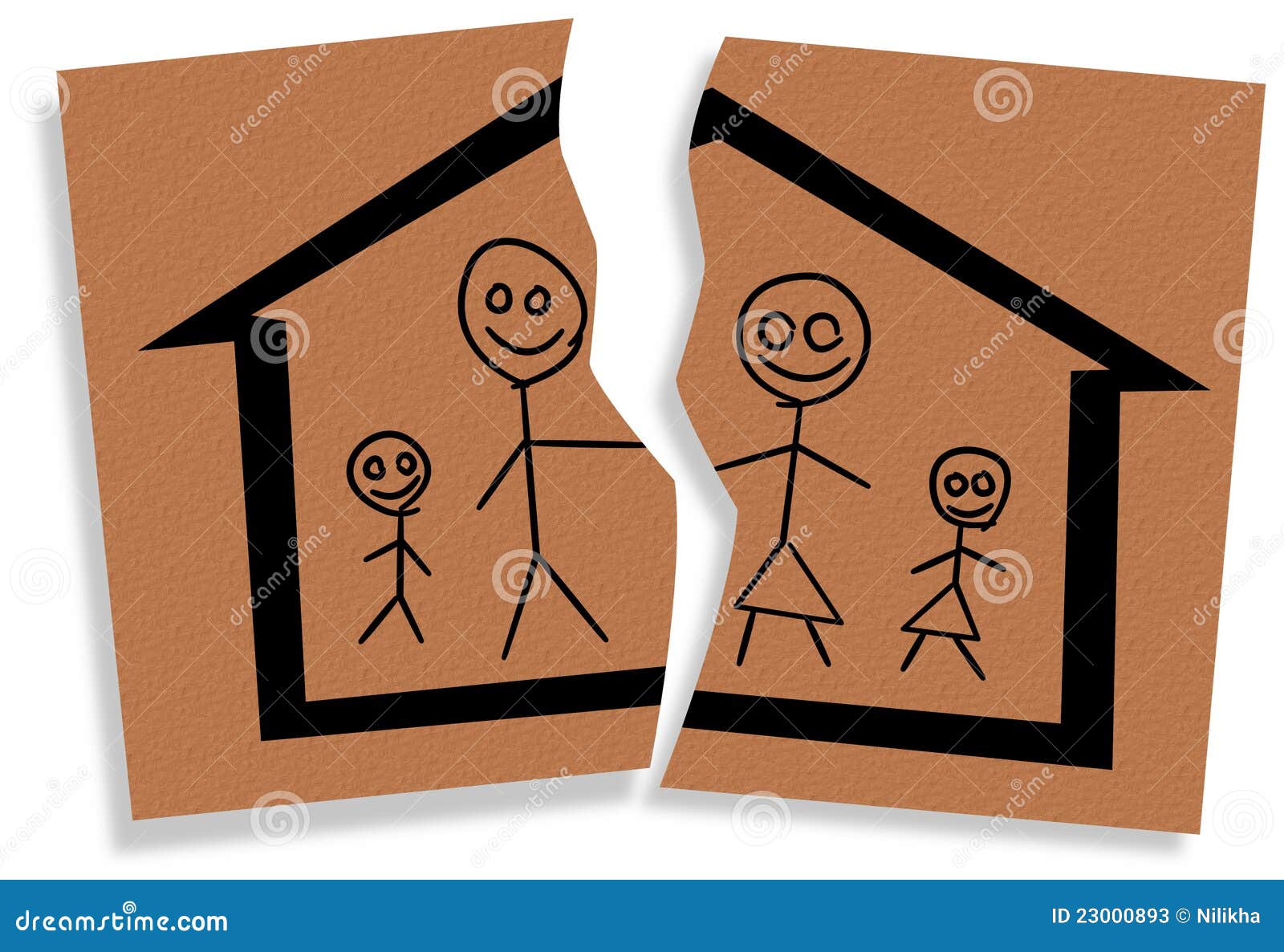A lot of things have been happening in my life of late but that just seems to be the norm in our household. We seem to reach a point of stability and then all hell breaks loose and we are left wondering what just hit us. I won't go into much detail, as that would be long and tedious for all involved, but I have had to repeat this little mantra of mine many times over the last month or so:
"I have Luke and I have Jesus, everything will be ok."
Now before everyone goes all theological on my ass, let me assert a couple of points.
1) if I did not have Luke I would still be ok. Distraught, but ok, because fundamentally it is Jesus who makes it all ok for me, but Luke is a nice bonus.
2) I am not saying "everything will be ok" like tomorrow will be sunny and full of fluffy bunnies, or that somehow holding on to Jesus makes my life stress free. But in the long run, even if something kills me, I believe that it will all be ok. Big picture stuff.
So back to my mantra. It keeps me sane knowing that I have a Saviour who loves me and a husband who adores me. It makes even hard things easier to deal with when I know that I have two amazing people to cry to and lean on. Doesn't make it fun though. Still sucks going through some stuff, especially when you see it hurting your partner.
Which is how I get to the title of my post:
The How To Guide for Destroying Yourself, Your Relationships, and Your Faith.
Oh yeah, I am a ray of sunshine today. Bear with me though, I do have a point aside from nihilistic wallowing.
I am a huge believer in confessing deep dark secrets in order to turn the light on them and sort them out. I have done it many times for many reasons and the response I usually receive is humbling, honest, supportive and loving. By being honest I have often given implicit permission to others to be honest also.
This is me being honest - gut churningly honest, this is not easy for me to admit to.
Most of you will know by now my issues with food. I can't hide my issues like some people do, I literally wear them. I have a fat suit that I have to wear everyday, look at everyday, deal with everyday. I have to acknowledge my limitations when I can't go as far or fast as others. I feel the pain in my joints when I walk. I find it hard to roll over in bed and have to wear a mask to breathe when I sleep.
I hate my issues. I hate that I have done this to myself.
But it doesn't stop me....and this is where my story starts.
I emotionally eat, so after the last few weeks I have been weaker in the self-control department. One morning I was talking to Luke about getting myself a coffee on the way to work. "Just a coffee" he said (because he knew where my head was at, not because he is a controlling deuche bag). "Of course babe, I wouldn't buy more." I said this BELIEVING that I wouldn't, DETERMINED I wouldn't.
1 hour later I was feeling sick from a binge on energy drinks and sweet treats. I felt guilty, ashamed, humiliated, angry....I hated myself then.
Then I went into bargaining mode with myself:
"It doesn't matter, know one will know"
"What about Luke?"
"He doesn't need to know, it will only upset him."
"But it's Luke, I tell him everything."
"He will be so angry [which he wouldn't] and would hate you [which he didn't] so don't tell him."
"But I feel like I am lying to him."
"It's only lying if he asks."
"What if he asks?"
Then I went into bargaining mode with Jesus:
 "Look, I know I was stupid but please make it so that Luke doesn't ask because it would hurt him and hurt our relationship and you don't wanna do that to us do you?"
"Look, I know I was stupid but please make it so that Luke doesn't ask because it would hurt him and hurt our relationship and you don't wanna do that to us do you?"
"I love you"
"Yeah yeah but could you just do this for me."
"Still love you"
I stressed about it all day. Worrying about Luke asking and catastrophizing it in my head. On the way home I kept praying that he wouldn't ask, don't make me admit to this to him.
(NOTE: as weight has been an issue for me and hiding food and binge eating have been real issues, hiding this from Luke is a problem. Not a little problem as some may think it is, but a real problem. You need to know the history to get it).
Luke asked.
He had to ask three times before I told him the extent of it.
The hurt in his eyes that I lied, the pain for me, and disappointment for all the work I had undone...all of these things crushed me. And I realised in that moment that you don't have to cheat or steal or physically hurt someone to ruin a relationship.
You just need to put something above your love for the other and your love for God.
It could be anything. For me it is food. It is an idol. I ruin my health, my relationships, my relationship with God over it. I would rather kill what has been given to me than to give up food.
We all have that something that we love that is really destroying us.
It might be something as obvious as drugs, alcohol, or cheating.
Or food.
Or maybe it is something more secretive like self-harming, picking at our skin, watching porn (or Geordie Shore *shudder*), reading romance novels at the expense of our marriages....I don't know but you do.
You, reading this, right now, have something that you know you can't control, don't want to control. It may even be your desire to control everything that is out of control!!!
Let me tell you this now:
It doesn't matter how trivial it may seem to the world.
It doesn't matter whether anyone else knows about it.
What matters is that it is controlling you.
It is causing you to hide it, lie about it, indulge in it, and it is destroying you.
Because you are not free until you give this up. You will never be free until it is gone. And when it is, when you don't have to hide anymore, your relationships and your faith will grow exponentially.
What would your life be like with this thing out of it?
What would it take to make that happen?






























